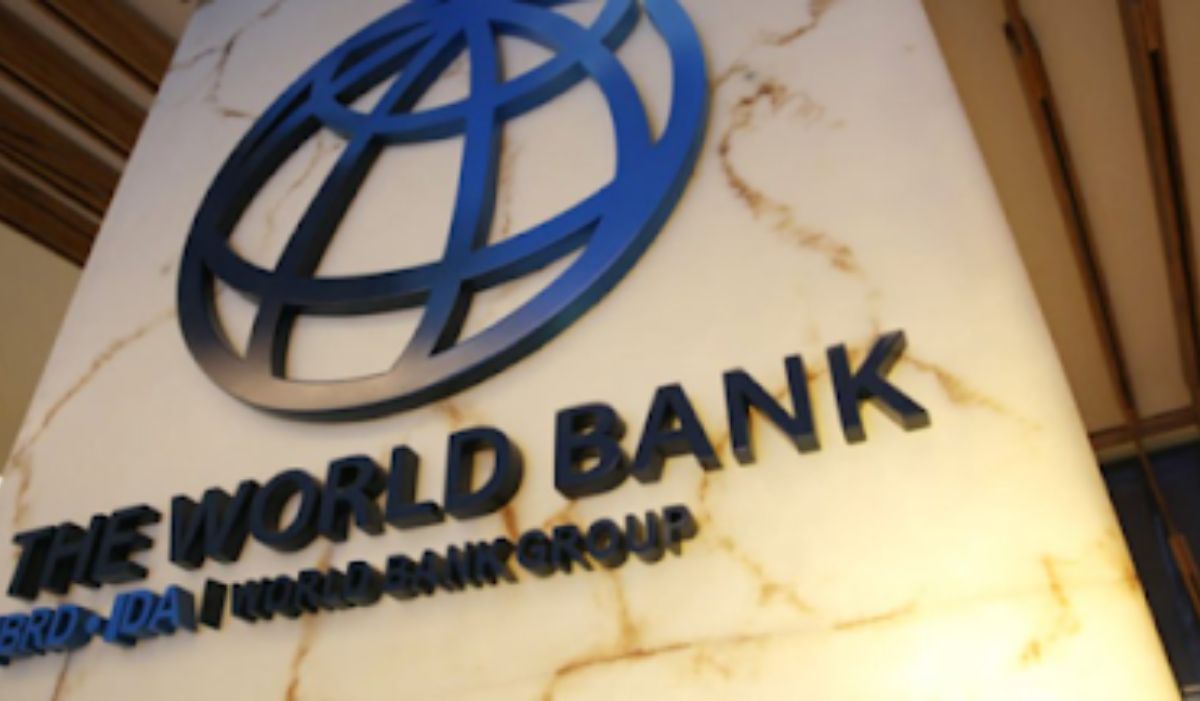World Bank Identifies Nigeria Among 39 Nations Where Poverty Deepens Amid Conflict

A recent World Bank assessment has identified Nigeria as one of 39 nations experiencing worsening poverty and hunger conditions due to ongoing conflicts and institutional instability.
The financial institution’s latest analysis covers economies across various income levels and global regions, highlighting a troubling trend in development outcomes.
Released on Friday, the comprehensive study examines how these nations have fared in the aftermath of the global disruption caused by the COVID-19 pandemic.
The affected countries include Afghanistan, Burkina Faso, Cameroon, Ethiopia, Libya, Mali, Nigeria, Sudan, Ukraine, and Zimbabwe, among others.
The international lender noted that 21 of these 39 troubled economies are currently experiencing active armed conflicts.
The assessment reveals that extreme poverty rates are rising in these regions, causing severe economic damage, exacerbating food insecurity, and derailing progress toward key development targets.
As conflicts have intensified and become more lethal in recent years, these nations are falling significantly behind other countries across critical development metrics, according to the World Bank.
The data shows that since 2020, per capita gross domestic product in conflict-affected areas has declined by an average of 1.8 per cent annually, sharply contrasting with the 2.9 per cent growth seen in other developing nations.
“This year, 421 million people are struggling on less than $3 a day in economies afflicted by conflict or instability—more than in the rest of the world combined,” the report stated.
“That number is projected to rise to 435 million, or nearly 60% of the world’s extreme poor, by 2030.”
Indermit Gill, the World Bank Group’s Chief Economist, noted that global attention over the past three years has focused intensely on conflicts in Ukraine and the Middle East.
“Yet, more than 70 per cent of people suffering from conflict and instability are Africans. Untreated, these conditions become chronic,” Gill stated.
“Half of the countries facing conflict or instability today have been in such conditions for 15 years or more. Misery on this scale is inevitably contagious.”
The institution emphasised that, unlike other developing economies, nations grappling with conflict or instability have failed to generate enough employment opportunities to keep pace with population growth.
Ayhan Kose, the World Bank Group’s Deputy Chief Economist and Director of the Prospects Group, described economic stagnation as the defining trend in conflict-affected economies over the past decade and a half, rather than growth.
“The global community must pay greater attention to the plight of these economies. Jumpstarting growth and development here will not be easy, but it can be done—and it has been done before,” he emphasised.
Kose stressed that through targeted policy interventions and enhanced international cooperation, leaders can work to prevent conflicts, strengthen governance structures, stimulate economic growth, and create employment opportunities.





